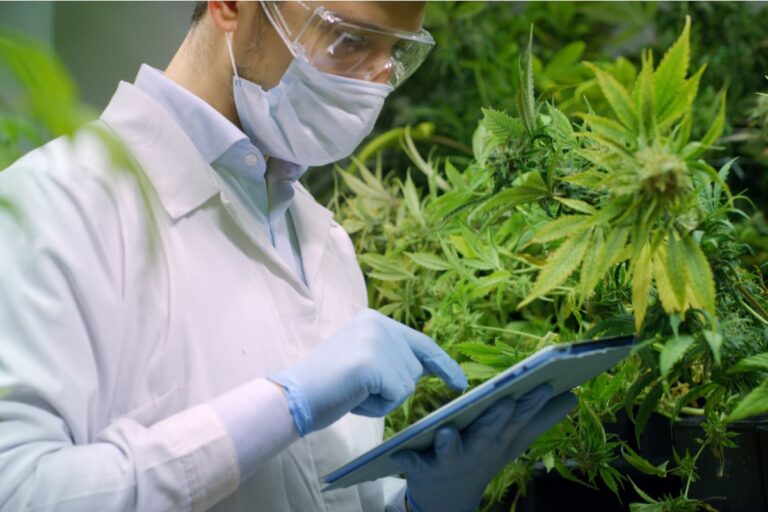
By now, you’ve almost certainly heard of CBD.
But as the market has continued to grow and people are digging deeper into the industry, more questions are emerging about other cannabinoids and their potential uses.
One of those is CBDa.
So what is CBDa, and what’s the difference between CBDa and CBD?
Let’s take a closer look…
Most people are aware that CBD, or cannabidiol, is a phytocannabinoid extracted from the cannabis sativa plant, also known as the hemp plant.
While it comes from the same family of plants that produce THC, which is the compound responsible for the “high” associated with recreational cannabis use, CBD contains absolutely no psychoactive elements, meaning it won’t get you high.
It does, however, interact with our endocannabinoid system (ECS), which is a network of receptors that runs throughout the central and peripheral nervous systems that play a role in the everyday management of our bodies and help to keep us in a state of balance through a process known as homeostasis.
Although our body naturally produces a number of endocannabinoids, CBD doesn’t make up part of our natural diets, so it can be taken as a food supplement to support our health and wellbeing in the same way we might take a multivitamin or iron supplement.
CBDa, or Cannabidiolic Acid, has only recently started to gain attention as CBD has continued to grow in popularity.
CBDa is very similar to CBD as it occurs naturally in hemp plants, but it doesn’t interact with the body’s endocannabinoid receptors in the same way.
Instead, it’s thought that CBDa inhibits certain enzymes found throughout the body, but scientists have only been researching the compound since 2008, so there’s still much to learn about how it works and its true effects on the human body.
The simplest way to understand CBDa is as “raw” CBD.
The hemp plant produces Cannabidiolic Acid from CBGa (cannabigerolic acid), which is a precursor to a number of cannabinoid compounds.
CBDa is then a chemical precursor to CBD, with the final compound being derived through a process called decarboxylation.
In essence, CBDa is the “raw” version of CBD, so you could say that the two are very similar.
On a molecular level, CBDa becomes CBD by losing one carbon and two oxygen atoms during decarboxylation.
One study found that CBDa reduced "toxin- and motion-induced vomiting" in rodents, concluding that "CBDA shows promise as a treatment for nausea and vomiting, including anticipatory nausea for which no specific therapy is currently available."
Despite this, we still know very little about CBDa and the impact it could have on the human body, and there’s still a lot to learn about the ways CBDa could be beneficial.
When it comes to cannabinoids like CBD or CBG, there is no singular compound that is better or worse than the others.
Instead, we’re big believers in following mother nature’s lead and think that the best way to take advantage of the entire hemp plant is to use a full-spectrum CBD oil.
Full-spectrum CBD products contain all of the cannabinoids, flavonoids, terpenes and other compounds that are present in the plants in their natural state.
This opens up the door for the entourage effect, which is where all of the compounds work together in unison, rather than individually so that the body can get the biggest impact from everything the plant has to offer.
Because of this, if you take a look at the lab reports for our CBD oils, you’ll see that they actually contain small amounts of CBDa, along with over a hundred other compounds that aren’t tested for.
So if you’re looking to add CBDa to your diet, all you need to do is find a good quality full-spectrum CBD oil from a trusted source, and you’ll be good to go!
CBDa is the chemical precursor to CBD, but it’s still present in full-spectrum CBD oils and products.
Trying to identify which cannabinoid is best, in isolation, won’t yield much in the way of progress.
Instead, look to take advantage of everything the Cannabis plant can offer your body and trust that mother nature knows what she’s doing.
If you’re still unsure about whether CBD is right for you, I’m always on hand to answer your questions, so get in touch and I’ll do my best to help.
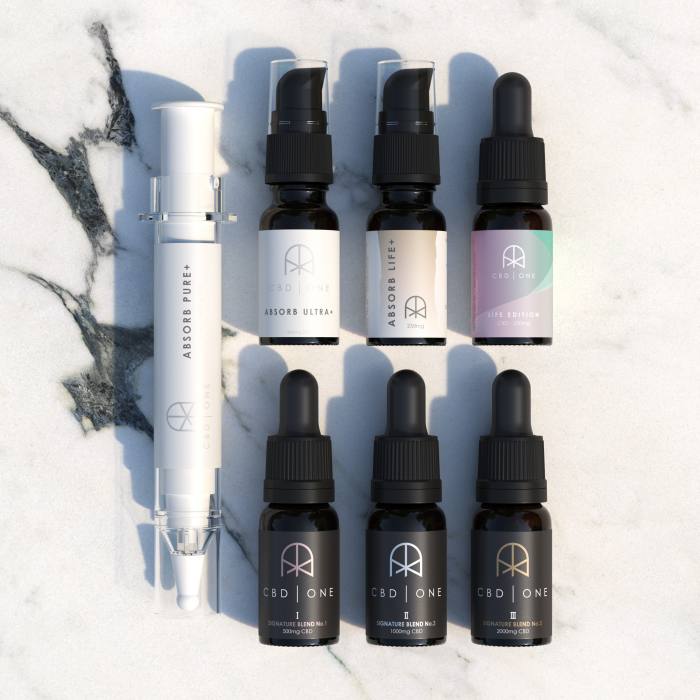
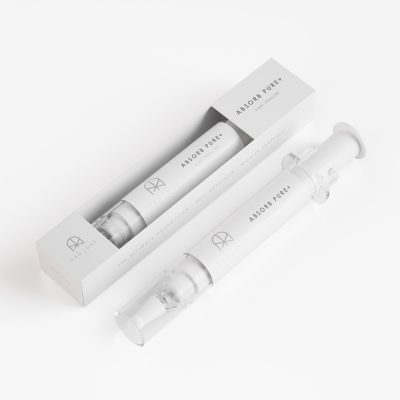
Bioavailability:?Bioavailability | 99% |
CBD content:?CBD content | 800mg | 1600mg | 4000mg |
Cannabinoid spectrum:?Cannabinoid spectrum | Full |
| Daily use: | Once daily |
Best for:?Best for | Powerful water-soluble option |
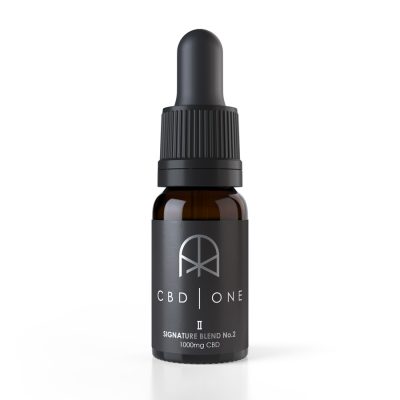
Bioavailability:?Bioavailability | 12 % |
CBD content:?CBD content | 1000mg | 2000mg | 5000mg |
Cannabinoid spectrum:?Cannabinoid spectrum | Full |
| Daily use: | 1-3 times |
Best for:?Best for | All round oil |
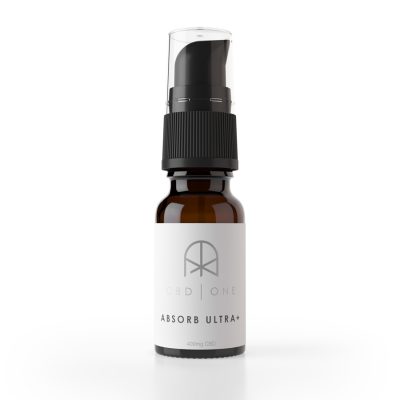
Bioavailability:?Bioavailability | 99% |
CBD content:?CBD content | 400mg | 800mg | 2000mg |
Cannabinoid spectrum:?Cannabinoid spectrum | Full |
| Daily use: | Once daily |
Best for:?Best for | Great all-rounder |
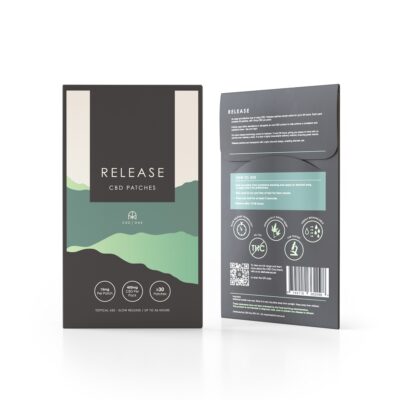
Bioavailability:?Bioavailability | 40%+ |
CBD Content:?CBD Content | 450mg | 900mg | 1350mg |
Cannabinoid spectrum:?Cannabinoid spectrum | Pure CBD |
| Daily use: | Once |
Best for:?Best for | Round the clock super-effective dosing |